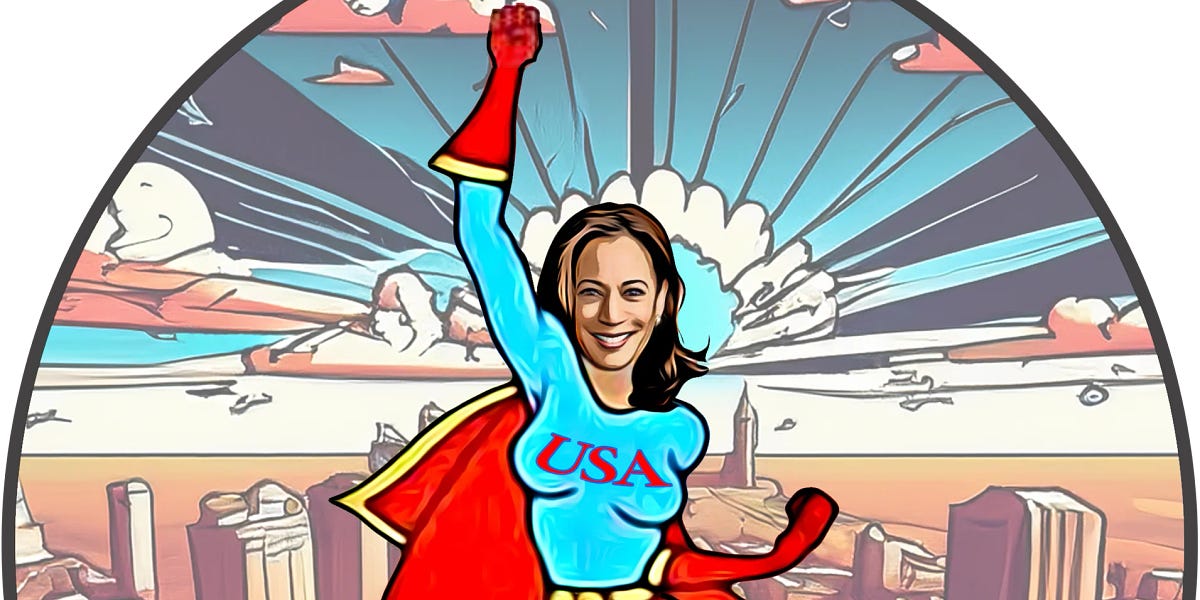What’s the story behind the story? What inspired you to write Empire Without End?
Well, I guess I would consider the Breakdown Universe as my version of Star Wars, or better yet, Warhammer 40k. But unlike the series I enjoy, the goal of every “primer” (the first trilogy in my series) was to write a prequel series before I wrote the series itself. Some of this is an approach to my straightforward nature and love of efficiency. Other parts are laziness. Because I didn’t want to write the series proper, then go back for prequels. As for Empire Without End, the inspiration was to capture the potency of national myths and tie it into a fantasy/sci-fi story.
Anyone who is familiar with Classical Era Greek and Roman history will pick out specific names and motifs throughout Empire that support the concept. This is due to Empire fundamentally being an origin story, much like how the Aeneid continued where the Iliad left off. Those who are familiar with the book before Empire, which is called The Lords of the Dead, might be familiar with my deep-seated passion for history—especially military history. This is matched only by my love of genre writing, so I put those factors together in the Breakdown Universe.
When bound together, I hope to tell (or retell) stories about a revitalization of the Classical World with the added factors of battle robots, sorcerers, mutant abominations, and dark gods. And Empire Without End is one of the largest pieces, a national origin story for a nation destined to rule much of the “New World” and that which lies beyond the confines of Earth.
What’s your favorite genre to read? Is it the same as your favorite genre to write?
It is my opinion that most writers were readers beforehand, but I’ll admit this is far from universal. However, I read a titanic amount of Warhammer 40k when I was a teenager and young man, and it shows in my work. In fact, I even have several tattoos from 40k and Star Wars to show my certified status as a hardcore fan. When it comes to my origins and inspiration, I would say those two universes were the largest influence.
But there is a kicker I’ve noticed when it comes to writing. One of the biggest things I needed to do after I became a writer was distancing myself from stories inside my genre. This was a result of osmosis or (my preferred term) “bleed-over” from whatever fiction I was reading. Now, instead of reading military fantasy and sci-fi, I spend most of my time reading or listening to audiobooks on non-fiction topics or literary works. These include All Quiet on the Western Front (one of my favorites) and I Claudius for literary fiction.
As for non-fiction, I recently read President Barack Obama’s memoirs, The Promised Land, Black Hawk Down: A Story of Modern War, SOG: The Secret Wars of America’s Commandos in Vietnam, and am currently working through Julius Caesar’s Commentaries.
What books are on your TBR pile right now?
Two books I’ve started and have yet to finish are Nero’s Killing Machine: The True Story or Rome’s Remarkable 14th Legion and When Titans Clashed: How the Red Army Stopped Hitler. The former (Nero’s Killing Machine) is a sequel to Caesar’s Legion: The Epic Saga of Julius Caesar’s Elite Tenth Legion and the Armies of Rome, which I recommend for anyone interested in Roman military history. There is a lot of data on battles, but I found the culture and nature of the men Rome asked to fight and die on their behalf to be compelling. Few (if any) military cultures of the modern world can compare to the brutality and discipline of the original Empire Without End. As for the later, Colonel Glantz (author of When Titans Clashed) has a longstanding reputation for being an authority on what Russians call “The Great Patriotic War” and Americans like me call the “Eastern Front” of World War Two, despite the fact that Colonel Glantz was a US Army officer, not a Russian.
The book can be challenging in its droves of technical and strategic information, but the more one listens or reads, the more one begins to understand the Eastern Front was a beast unlike anything we Americans can truly comprehend. Battles of truly apocalyptic proportions were waged in Russia and Eastern Europe between 1941 and 1945. Personally, I found it awe-inspiring to hear of the courage and determination the Soviet people mustered against a foe that ensured Slavs understood German victory meant the annihilation of their racial and cultural identities.
What scene in your book was your favorite to write?
The way I approach a story is usually around a set of objectives, the “this needs to happen before the story can end.” In Empire, the definitive moment for me was what I envisioned upon starting the Primer Trilogy, the final moments of The Capitoline Wolf, a part near the middle of the book. Any fans of Roman history should be able to grasp what I’m getting at with the symbolism. And anyone who isn’t familiar should still be impressed. I still recommend looking up the real-life version of the Capitoline Wolf, though. In my opinion, it makes the story ten times better.
Do you have any quirky writing habits? (lucky mugs, cats on laps, etc.)
Though far from atypical in nature, I’ve found that my worldbuilding borders on obsessive when I speak about it with other authors. Before I feel confident writing about a given culture, region, or nation in my books, I spend days (or weeks) writing documents on everything from how they dress to what kind of entertainment they enjoy.
As my work modernizes (inside the Breakdown Universe, that is) I find myself spending more time describing TV channels, musical styles, consumer products, and other things that I didn’t have to do in earlier stories. Because I could rely on things most readers could understand in Lords of the Dead. Empire and its sequel really are part of the “New World,” though, so I needed more data on what people would call things or how I could mesh history with my fictional future.
Do you have a motto, quote, or philosophy you live by?
I’ve always liked “Freedom is what you do with what’s been done to you,” but as the originator of that quote was known for his disdain of fiction, I have refrained from including it in any of my works.
If you could choose one thing for readers to remember after reading your book, what would it be?
To a history buff like me, the goal with The Breakdown Universe and all its attached titles was to impress the idea that our world is built on shaky foundations. During the epoch of the Greek city states or the Roman Empire, no Greek or Roman would have possibly believed that their nation would fall. They might have understood it intellectually, but not in an immediate sense. Most nations appear to function that way, as politics (the present tense of history) is always based on popular support and belief. If anyone realizes the game is up, then it really is. That is only half the story, though.
Where Lords of the Dead describes the death of what people in my universe call the “Old World,” we see the reorganization and rebirth of civilization inside Empire. Here, humanity and their inhuman allies take their first steps in learning how to work together. So, no matter how bad things look in the present, there is always a light on the horizon. And just the same for those who believe the good times will never end. Our world is an ouroboros, a snake eating its own tail. That in mind, it’s best to know whether you’re on the tail or the jaw.
Sign up for our email and we’ll send you the best new books in your favorite genres weekly.
























































![Key Metrics for Social Media Marketing [Infographic] Key Metrics for Social Media Marketing [Infographic]](https://www.socialmediatoday.com/imgproxy/nP1lliSbrTbUmhFV6RdAz9qJZFvsstq3IG6orLUMMls/g:ce/rs:fit:770:435/bG9jYWw6Ly8vZGl2ZWltYWdlL3NvY2lhbF9tZWRpYV9yb2lfaW5vZ3JhcGhpYzIucG5n.webp)


















